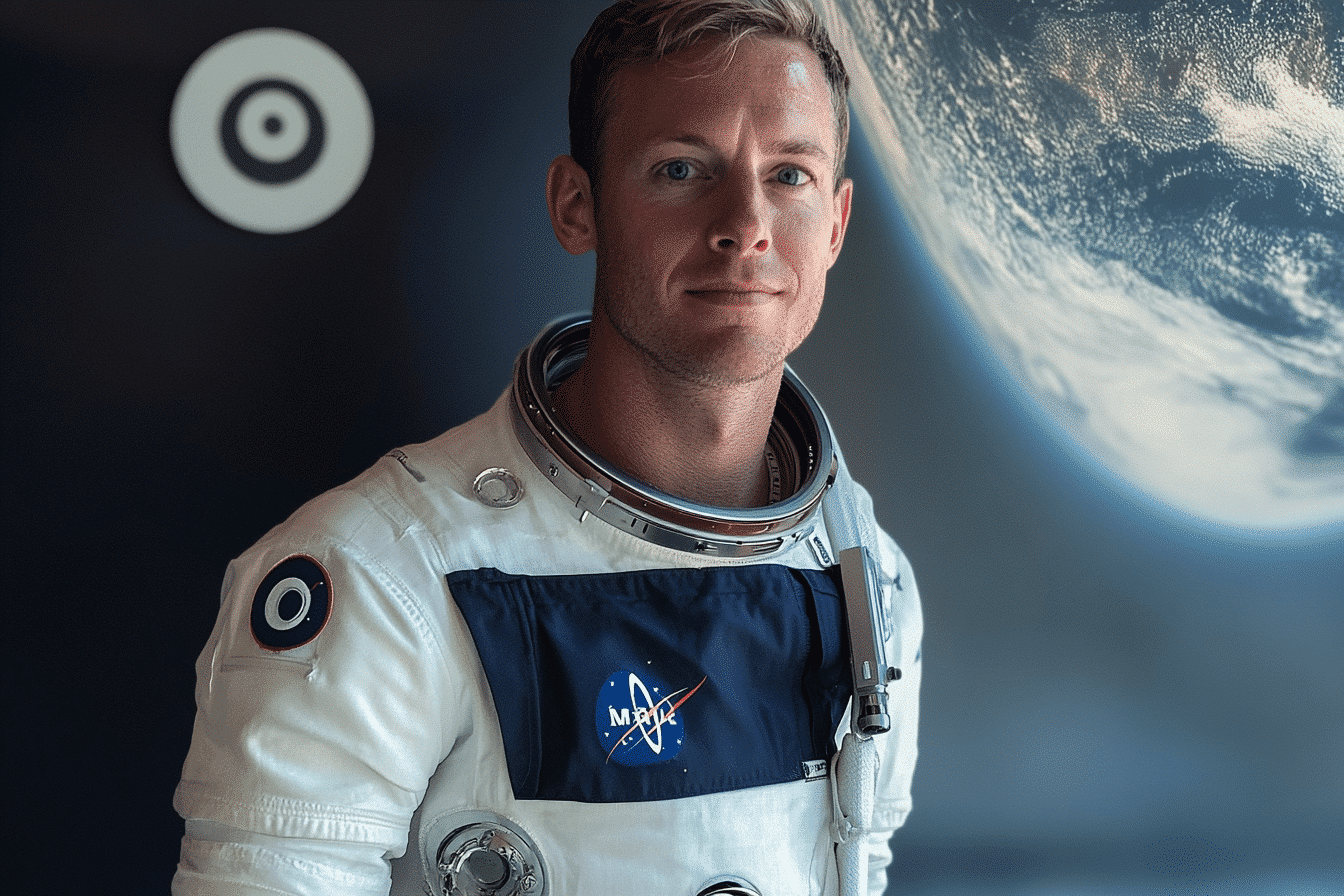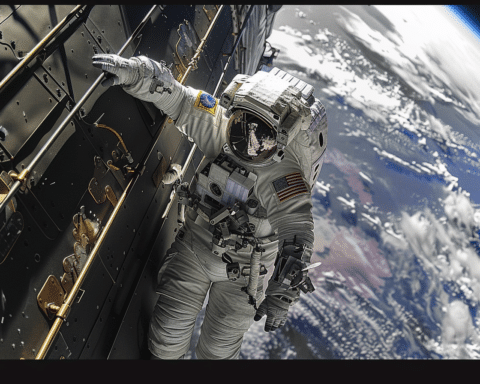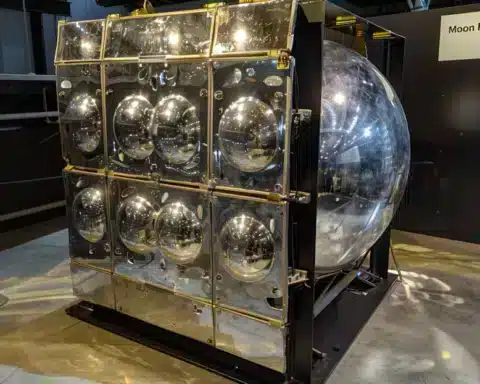A Paralympian’s Journey to Space
Paralympian and aspiring astronaut John McFall is poised to make history as the first disabled person to venture into space. McFall, who lost his right leg in a motorcycle accident at 19, has not only defied expectations in the world of athletics but now aims to break new ground in space exploration. His journey from Paralympic success to becoming the world’s first “parastronaut” is a testament to his resilience and ambition.
From Track to Trauma Surgery
After his accident, McFall refused to let his disability define him. He learned to run again, eventually competing as a professional track and field athlete. In 2008, he represented Team GB and won a bronze medal in the 100m T42 category at the Beijing Paralympics. His achievements on the track laid the foundation for his future aspirations. Transitioning from sports, McFall pursued a career in medicine, becoming a trauma and orthopedic surgeon. His medical background, combined with his athletic experience, made him a unique candidate for the European Space Agency’s (ESA) astronaut program.
The Birth of a Parastronaut
In 2022, McFall was selected as the world’s first “parastronaut” by the ESA, marking a historic step toward inclusivity in space exploration. He has participated in the ESA’s “Fly!” feasibility study, designed to evaluate the challenges a disabled person might face during space flight. The study, which involves rigorous training, has shown promising results. As McFall stated in a recent interview with *Nature*, “so far has demonstrated that it is technically feasible for someone with a physical disability like mine to fly to space and to live and work as a fully integrated member of the ISS crew for a long mission.”
Paving the Way for Future Disabled Astronauts
McFall’s vision extends beyond his personal ambition. He hopes that the ESA will soon send someone with a physical disability into space, setting a precedent for others to follow. “I hope that I get the opportunity to fly in the future. That would be tremendous. And I also hope that I can sow the seed for a legacy to follow on from, to look at the feasibility to fly with a wider range of disabilities,” he said. His commitment to advancing inclusivity in space exploration has garnered support from the ESA, which has acknowledged the significance of his efforts.
Changing Perceptions Through Sports and Space
John McFall believes that sports have a powerful role in shaping societal views of disabled individuals. Reflecting on his Paralympic experience, he emphasized, “Elite athletes inspire so many people. Lots of people do sport and have this admiration for what it takes to compete at the elite level.” McFall sees a parallel between the admiration for elite athletes and the potential for admiration towards astronauts with disabilities. “In the same vein, I think you can probably consider being an astronaut as a difficult, challenging job. So there is that admiration there to have someone with a physical disability in this position.”
A Legacy in the Making
As John McFall continues his training and advocacy, he stands as a beacon of hope and inspiration for many. His journey from Paralympian to potential astronaut exemplifies the limitless possibilities for individuals with disabilities. As he aptly put it during an ESA press briefing, his diverse background has prepared him to help bridge the gap between ambition and reality. “I think all these have stood me in really good stead to help bridge the gap between this ambition that the ESA has and my background,” he said, “to try and achieve this goal of potentially (being) the first person with a physical disability to become an astronaut.”
A Future Beyond Earth
John McFall’s story is not just about personal triumph; it’s about breaking barriers and redefining what’s possible. As he prepares for the possibility of space travel, McFall is not only paving the way for disabled individuals in space but also challenging the world to rethink its perceptions of disability. His journey is a powerful reminder that with determination and support, no dream is out of reach.




